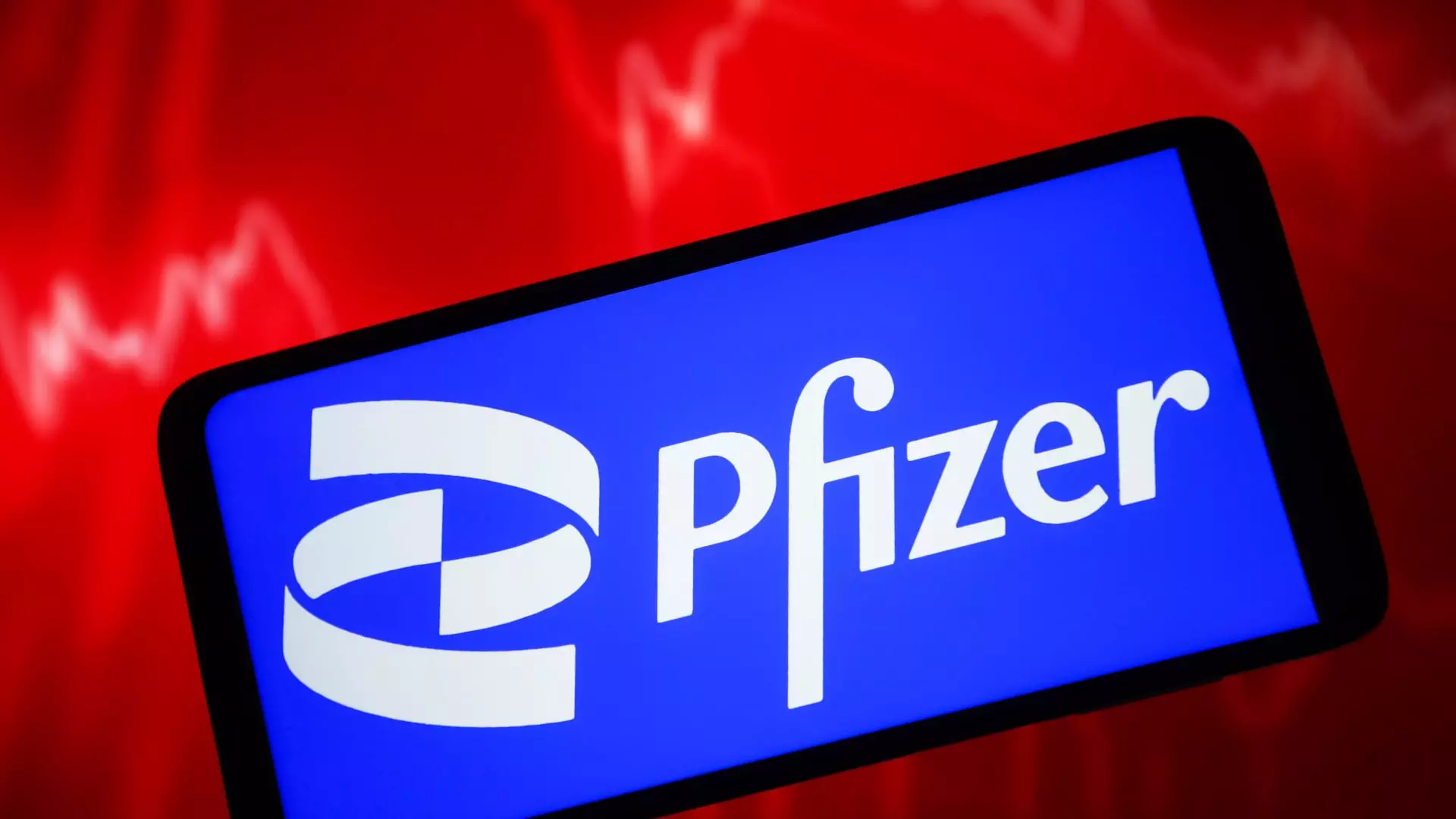The recent approval by the Food and Drug Administration of Pfizer’s new gene therapy, Beqvez, marks a significant milestone in the treatment of hemophilia B, a rare genetic bleeding disorder. This treatment is set to revolutionize the way patients with moderate to severe hemophilia B manage their condition.
Hemophilia B is characterized by insufficient levels of a specific protein called factor IX, which is essential for blood clot formation. Without an adequate amount of this protein, individuals with hemophilia B are prone to bruising easily and experiencing prolonged periods of bleeding. This condition can lead to painful joint damage and mobility issues, significantly impacting the quality of life of those affected.
Beqvez offers a one-time treatment solution that enables patients to produce factor IX independently, effectively preventing and controlling bleeding episodes. In clinical trials, Beqvez demonstrated superiority over the standard treatment for hemophilia B, which involves frequent infusions of the missing protein. This groundbreaking gene therapy is poised to reduce the medical and treatment burden for patients over the long term.
The approval of Beqvez is a pivotal development for Pfizer as the company diversifies its portfolio beyond its Covid-related business. By investing in gene and cell therapies, Pfizer is positioning itself at the forefront of cutting-edge medical innovation. This move aligns with the broader trend in the healthcare industry towards personalized, targeted treatments that address the underlying genetic causes of diseases.
While Beqvez represents a significant advancement in the treatment of hemophilia B, it faces competition from other gene therapies such as Hemgenix. Pfizer’s pricing strategy for Beqvez remains undisclosed, but the high cost associated with gene therapies like Hemgenix poses a barrier to widespread adoption. Additionally, logistical challenges and reimbursement issues have limited the uptake of gene therapies for hemophilia A and B.
Looking ahead, Pfizer is seeking FDA approval for marstacimab, an experimental antibody designed to treat both hemophilia A and B. This ongoing commitment to developing novel therapies underscores Pfizer’s dedication to addressing unmet medical needs and driving innovation in the field of gene and cell therapies. As the landscape of healthcare continues to evolve, gene therapies hold immense promise in transforming the treatment of genetic disorders like hemophilia B.


Leave a Reply